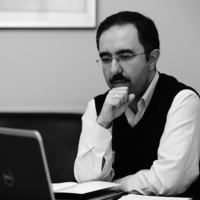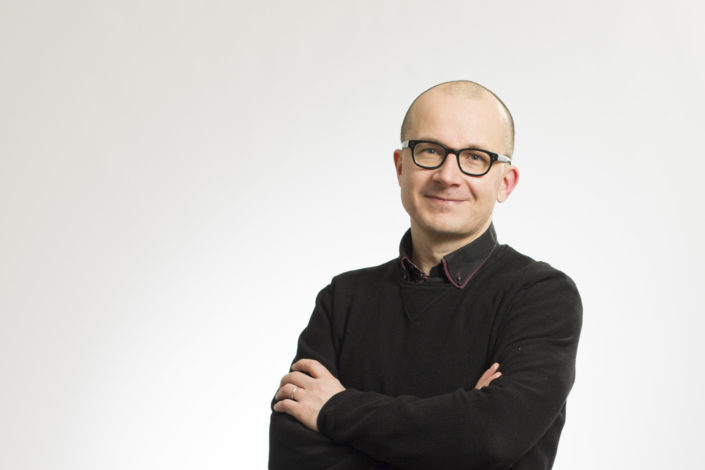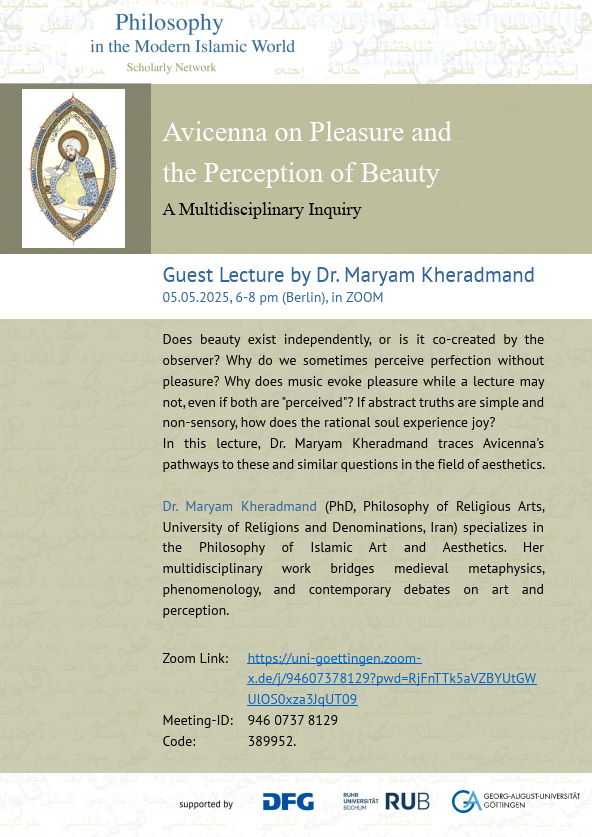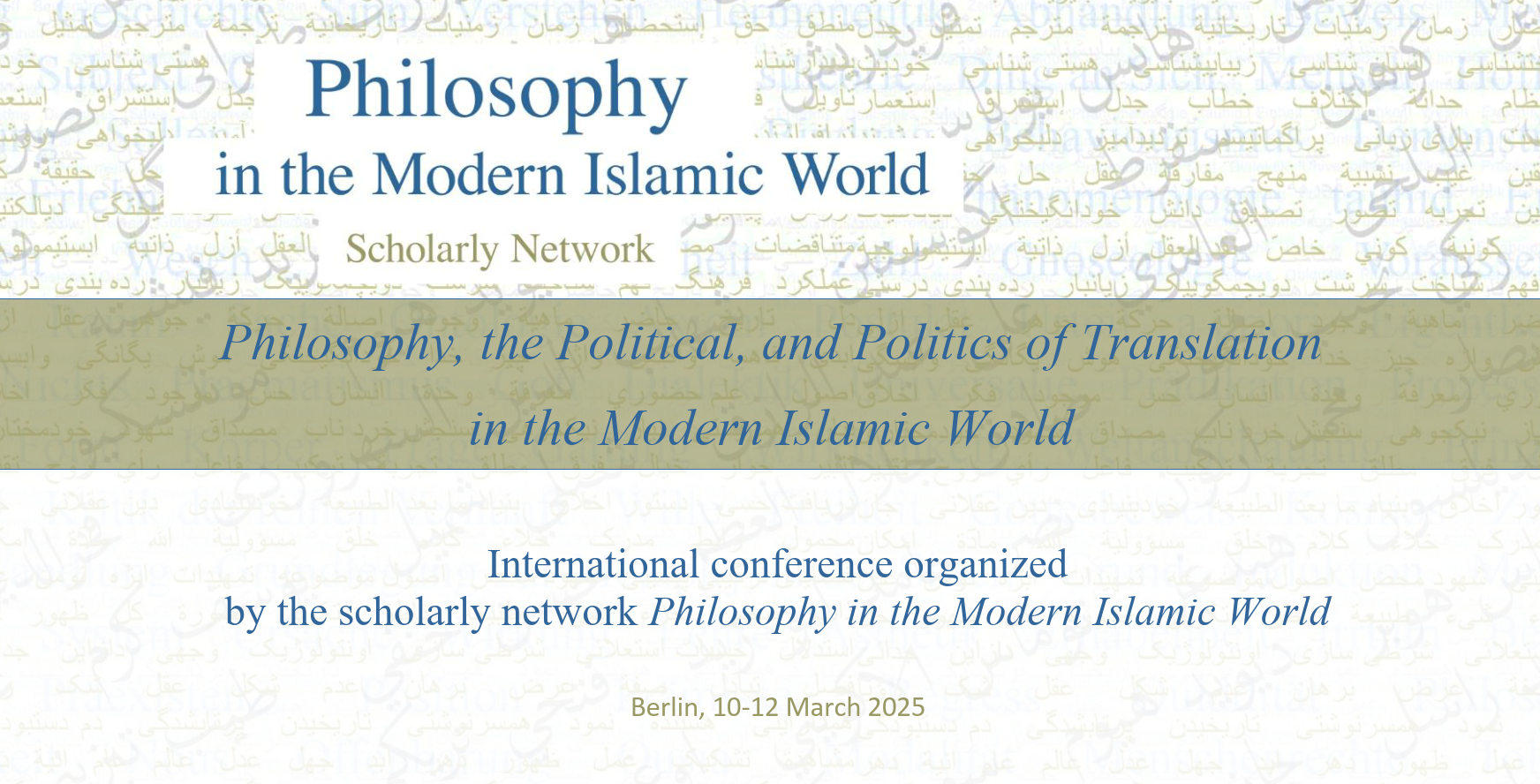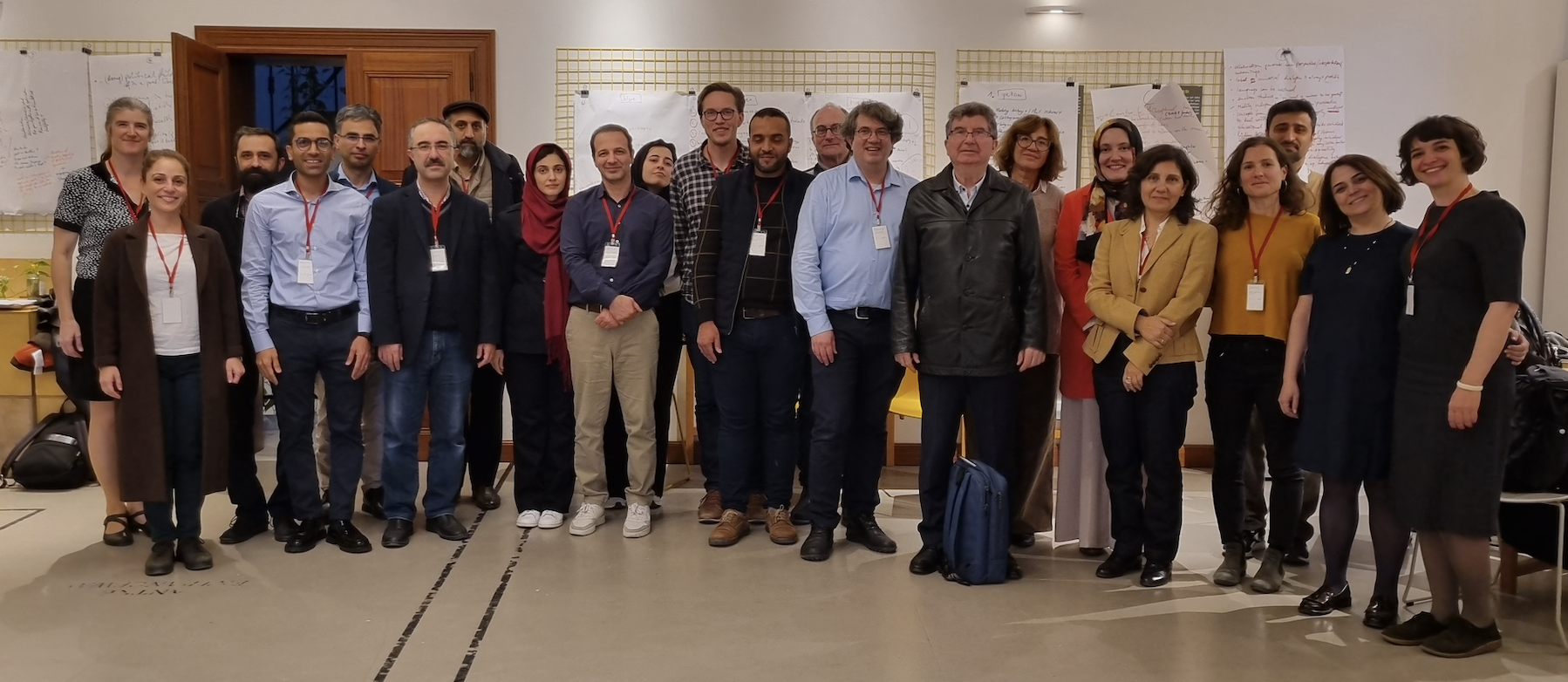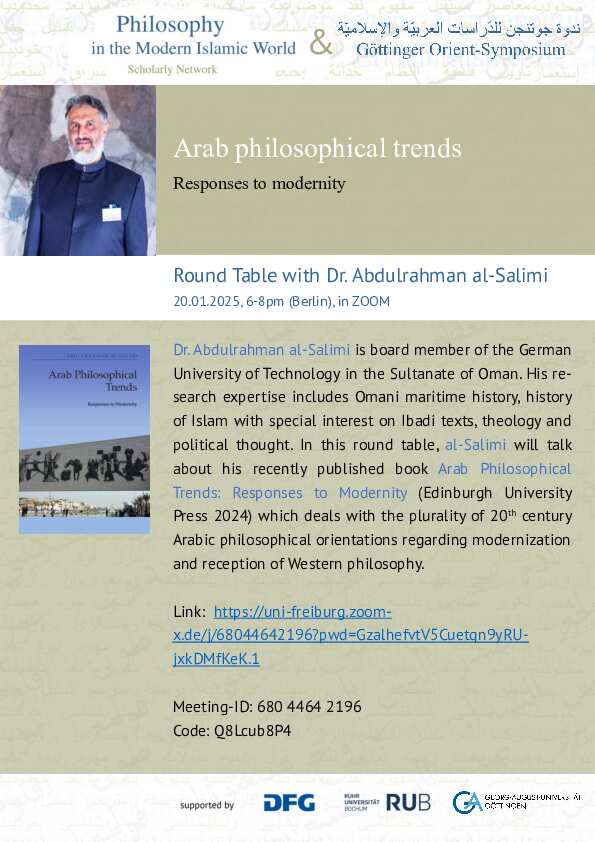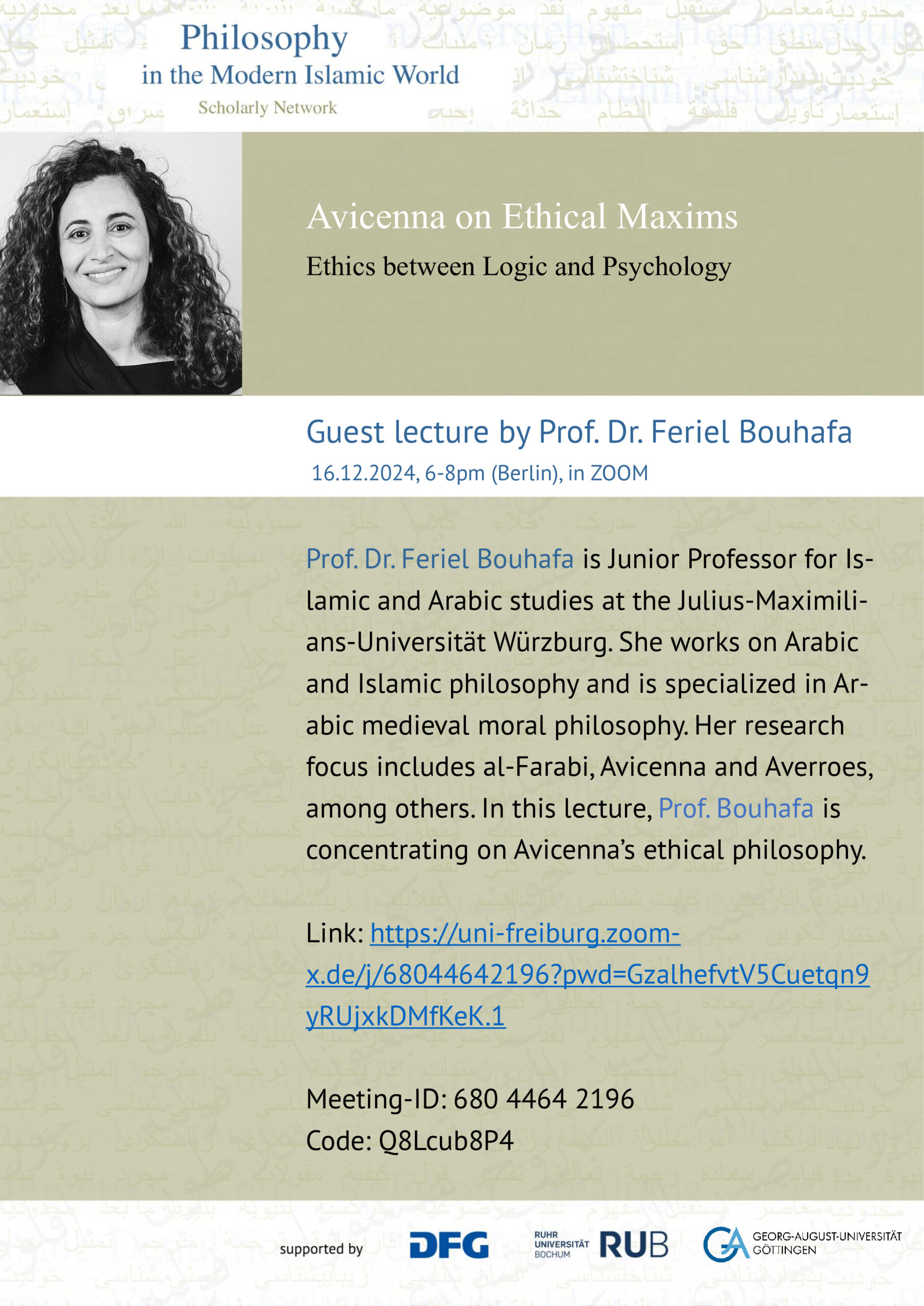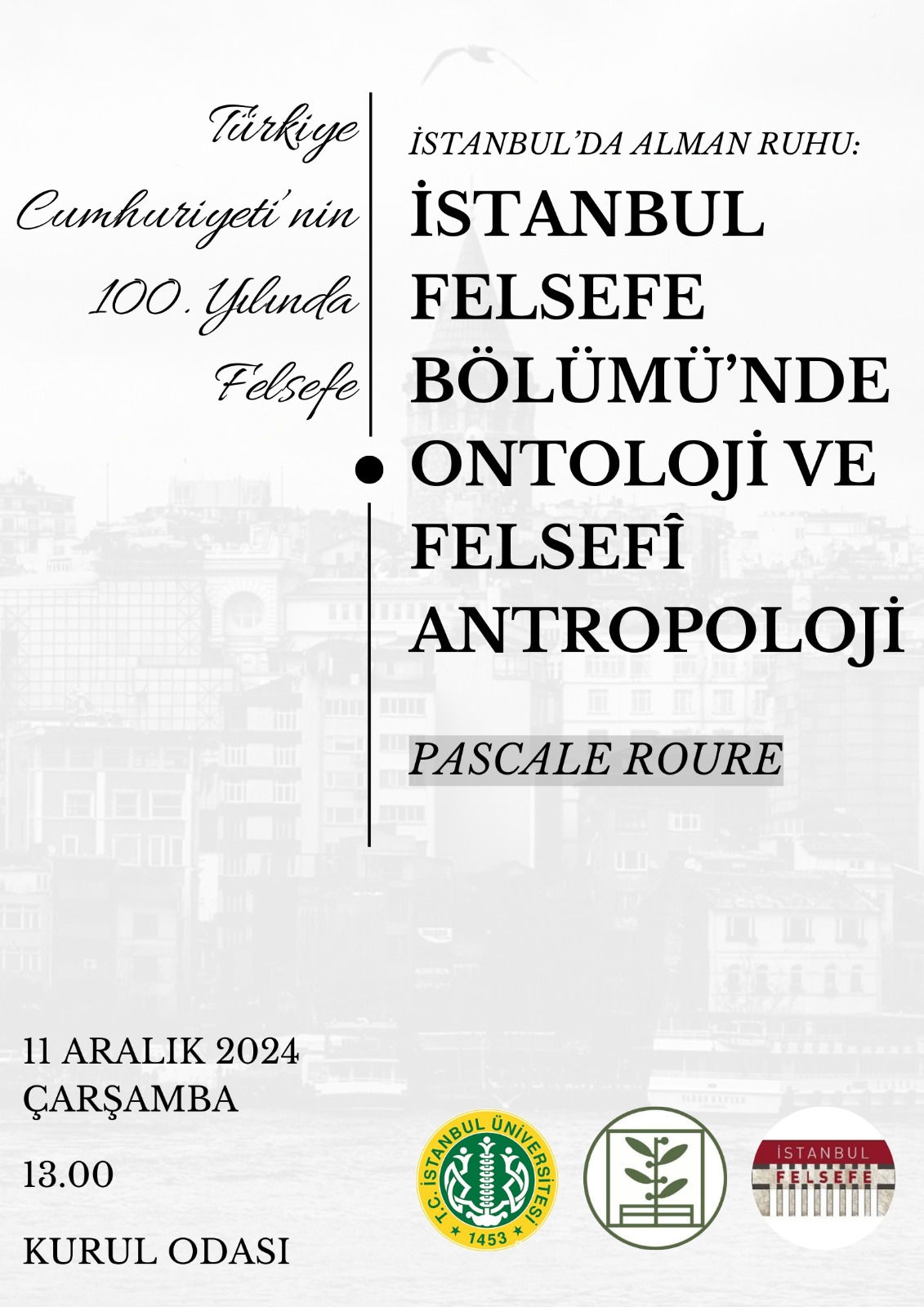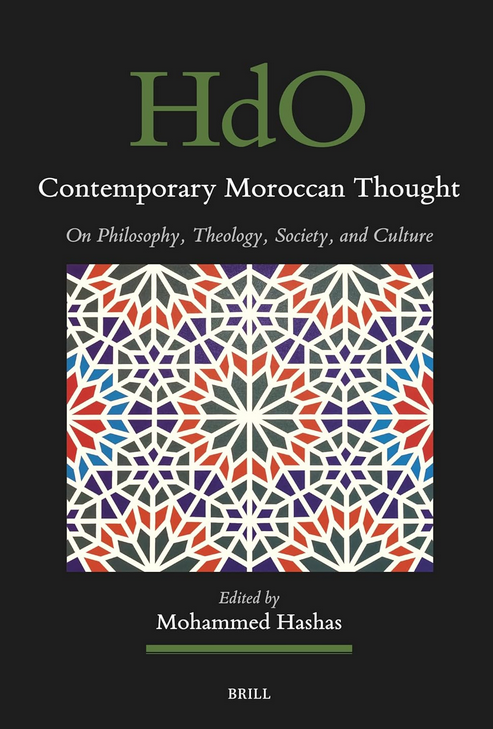The colloquium for Philosophy in the MENA region (PhiloMENA) invites to the guest lecture of Prof. Dr. Cüneyt Kaya to be held online on 23.06.2025, 6-8 pm (Berlin time)
Online Guest Lecture: Avicenna’s Modal Metaphysics
by:
The colloquium for Philosophy in the MENA region (PhiloMENA) invites to the upcoming guest lecture of Prof. Dr. Jari Kaukua to be held online on 26.05.2025 at 6 pm (Berlin time).
Online Guest Lecture: Avicenna on Pleasure and the Perception of Beauty. A Multidisciplinary Inquiry
by:
The colloquium for Philosophy in the MENA region (PhiloMENA) invites to the guest lecture of Dr. Maryam Kheradmand to be held online on 05.05.2025, 6-8 pm (Berlin time)
“Philosophy, the Political, and Politics of Translation in the Modern Islamic World”, Program
by:
The network’s international conference “Philosophy, the Political, and Politics of Translation in the Modern Islamic World” in Berlin, 10-12 March 2025 announces its program and welcomes you to join the lectures on manifold aspects of translation, its philosophical and socio-political contexts, and aesthetic and critical dimensions.
Reflections on incorporating contemporary Arab philosophy in teaching
by:
Last week the German blog “Lehrgut” published a post in which on of our network members reflects on the ways in which teachers could incorporate contemporary Arab philosophy into their lessons.
Istanbul Rendezvous: The network meets in Türkiye
by:
A delegation of network members traveled to Istanbul where the network organized an international meeting with philosophers from Türkiye, Iran, and Morocco. Possibilities for future projects and cooperation were discussed.
Round table on the new book “Arab philosophical trends” with its author Abdulrahman al-Salimi
by:
The colloquium for Philosophy in the MENA region (PhiloMENA) invites to the upcoming round table with Dr. Abdulrahman al-Salimi on his new book “Arab philosophical trends: Responses to modernity” (Edinburgh Univ. Pr. 2024).
Lecture: Avicenna on Ethical Maxims: Ethics between Logic and Psychology
by:
The colloquium for Philosophy in the MENA region (PhiloMENA) invites to the upcoming guest lecture of Prof. Dr. Feriel Bouhafa. In this guest lecture, Prof. Dr. Bouhafa will focus on Avicennas ethical thought.
Lecture: “The German Spirit in Istanbul” by Pascale Roure
by:
On Wednesday, 11th December, Network Member Pascale Roure (Yıldız TU Istanbul) will give a talk on ontology and philosophical anthropology at Istanbul University: “İstanbul’da Alman Ruhu: İstanbul Felsefe Bölümü’nde Ontoloji ve Felsefî Antropoloji”
Hybrid Launch of the Book “Contemporary Moroccan Thought” on 6 December 2024
by:
Network-Member Nils Riecken participates as contributing author to the book launch of “Contemporary Moroccan Thought: On Philosophy, Theology, and Culture” (Brill 2025, pp. 793). The book opens a new chapter in understanding Moroccan and North African intellectual history.

